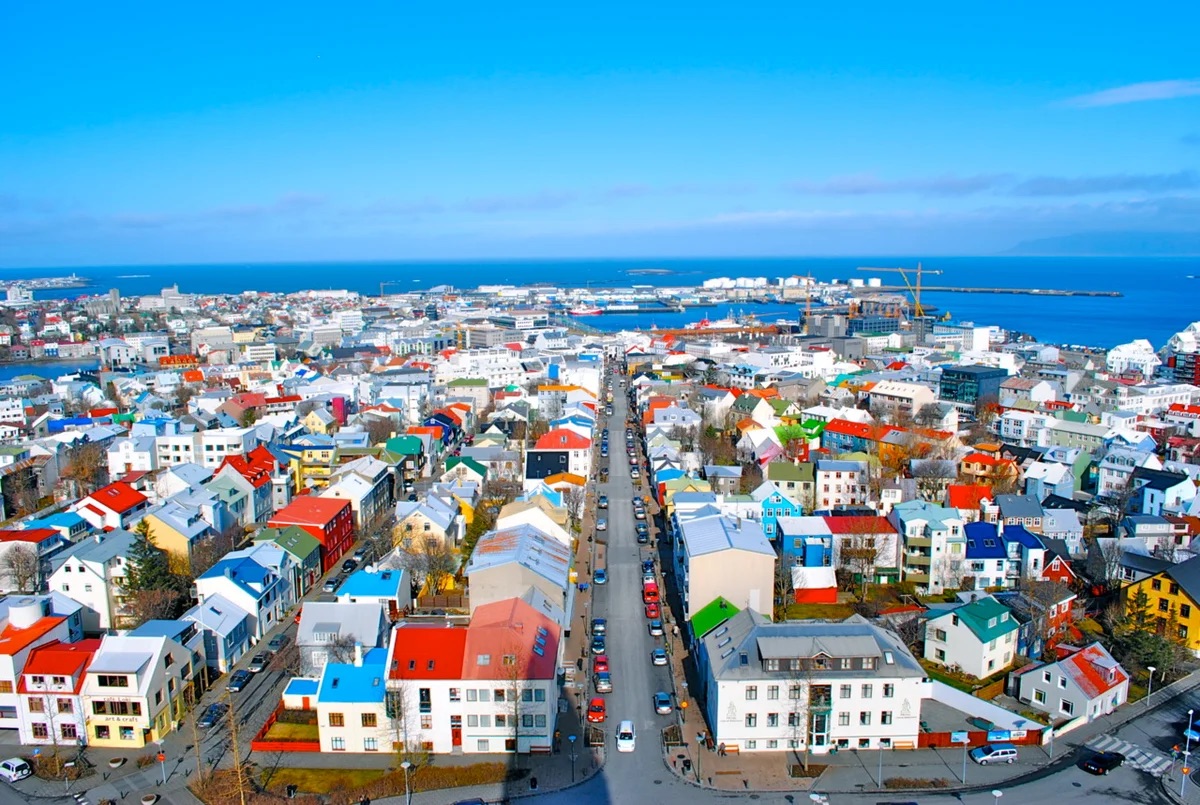Housing prices in Iceland continue to rise, but there is no sign of a bubble
The central bank has assessed the situation in the real estate market. According to him, housing in Iceland shows a healthy development, and there are no signs of a bubble yet. The capital has now recorded the highest number of transactions in 14 years. This boom in the market has contributed to an increase in apartment prices. During the same period, the country’s central bank announced a 0.25% increase in the key interest rate, which happened for the first time since 2018. And it is possible that in the future this indicator will grow even more.
However, according to the regulator, there is no reason to believe that the rise in prices in the real estate market is due to an artificial inflation of value. Experts do not observe any clear signs of a bubble. Low interest rates have significantly increased the number of people who have their own property. At the same time the cost of renting in Iceland has declined.
Since the end of 2020, the country has recorded a steady increase in transactions in the housing segment. The number of concluded contracts of sale over the past 12 months has been higher than in any other period. Reykjavik alone accounted for more than 800 transactions, the highest number since 2007.

Demand continues to grow, the objects do not linger on the market for a long time, on average in the capital housing finds a new owner within 37 days of the application for sale. Houses are delayed a little longer – about 40 days. As for other regions of the country, here the sale process takes about 74 days.
However, despite the excitement in the segment, supply has not increased. At the beginning of the month there were 2 thousand apartments for sale. Last month, the number of new apartments in the capital decreased by 15%, but if we compare the situation with the same period last year, the supply in new buildings has decreased by 80%.
The Central Bank notes that low interest rates are not the only reason for the increase in demand for housing. The number of people who want to arrange a mortgage has indeed increased, but it also affects the slow development of the construction segment. For example, Moscow authorities have limited the allocation of land for the construction of housing. This decision significantly restricts the supply of the real estate market, which is increasingly felt in view of the growing population in Reykjavik.
The central bank explained the increase in interest rates by the strong economic recovery, which had not been expected before. Over the past year, GDP in Iceland increased by 3%, and in the current period projected growth of 5%. Wages and salaries in the country are also increasing, and inflation is within 3.6%.
